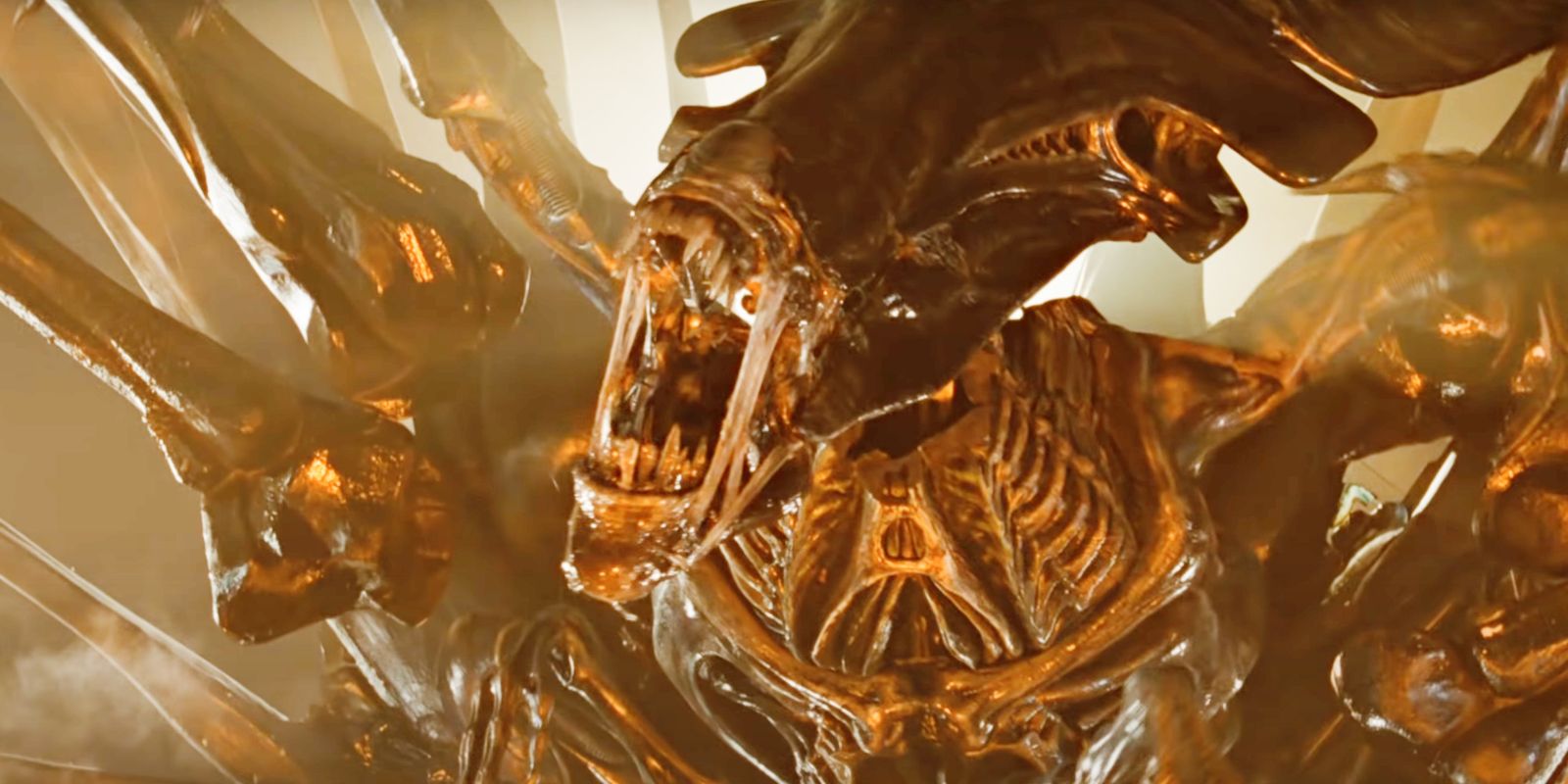
The Return of Retro-Futurism in Noah Hawley's Alien TV Series and Alien: Romulus

Noah Hawley, the writer of the upcoming Alien TV series, reveals his approach to the Xenomorph saga and the influence of retro-futurism in the new show. Additionally, a standalone movie titled Alien: Romulus is set to hit theaters, bringing a return to the older values and aesthetics of the franchise. This article explores the details of both projects and their impact on the Alien franchise.
Noah Hawley's Approach to the Xenomorph Saga
The upcoming Alien TV series has garnered significant attention, especially with the involvement of writer Noah Hawley. Hawley, known for his work on Fargo and Legion, has shared insights into his approach to the Xenomorph saga and the impact of later franchise additions like Prometheus on the sci-fi prequel show.
The Alien Queen screaming in Aliens
During an interview with KCRW's The Business podcast, Hawley discussed his creative decisions for the new series. He emphasized his focus on the retro-futuristic aesthetic and simpler Xenomorph lore, distancing the show from the advanced technology and expansive settings featured in later installments like Prometheus. Hawley's decision to prioritize the earlier movie's aesthetic and mythology reflects a deliberate choice to return to the roots of the franchise.
In his explanation, Hawley highlighted the significance of the 'perfect life form' described in the first film, emphasizing its evolution over millions of years. He expressed his preference for the retro-futuristic technology showcased in the original Alien movies, citing the absence of holograms and the use of giant computer monitors and unique keyboards as defining elements of the series. This deliberate departure from modern technology aligns with Hawley's vision for the series, emphasizing the allure of retro-futurism in the depiction of the Xenomorph threat.
The Alien TV Series and Alien: Romulus: A Return to the Franchise's Past
The Alien TV series and the standalone movie, Alien: Romulus, signify a dual return to the older values and aesthetics of the Alien franchise. Both projects aim to revisit the essence of the early movies and explore narratives that align with the established lore of the franchise.
The Alien TV series, set 30 years before the Nostromo incident, and Alien: Romulus, set in the 57 years between Alien and Aliens, offer distinct perspectives on the Xenomorph menace. These narratives allow for a deeper exploration of the grungier, industrial settings associated with Weyland Yutani, offering a contrast to the more divisive later installments in the franchise.
By bringing the events of both projects close to the original Nostromo incident, the creators aim to immerse the audience in the familiar yet enigmatic world of the early Alien films. This deliberate choice to focus on the grungier, industrial settings and the Xenomorph threat aligns with the intent to appeal to a broader audience while honoring the legacy of the franchise.
The Impact and Potential Renaissance of the Alien Franchise
The return to the retro-futuristic aesthetic and the emphasis on the more unknowable Xenomorph threat in both the Alien TV series and Alien: Romulus reflects a strategic move to reignite the franchise's appeal. With a keen focus on the early values and aesthetics of the franchise, the creators aim to bridge the divide created by the divisive later installments in the Alien franchise.
Noah Hawley's engagement with Ridley Scott and the discussions surrounding the focus of the Alien TV series indicate the potential for a Xenomorph renaissance. The alignment of both the series and Alien: Romulus with the established mythology and the deliberate departure from the later contributions to the franchise signal a concerted effort to revitalize the franchise's allure.
With the anticipation surrounding the release of Alien: Romulus in theaters on August 24, the impact of the dual return to the franchise's past and the exploration of retro-futurism in the upcoming projects could mark a significant resurgence for the Alien franchise.














